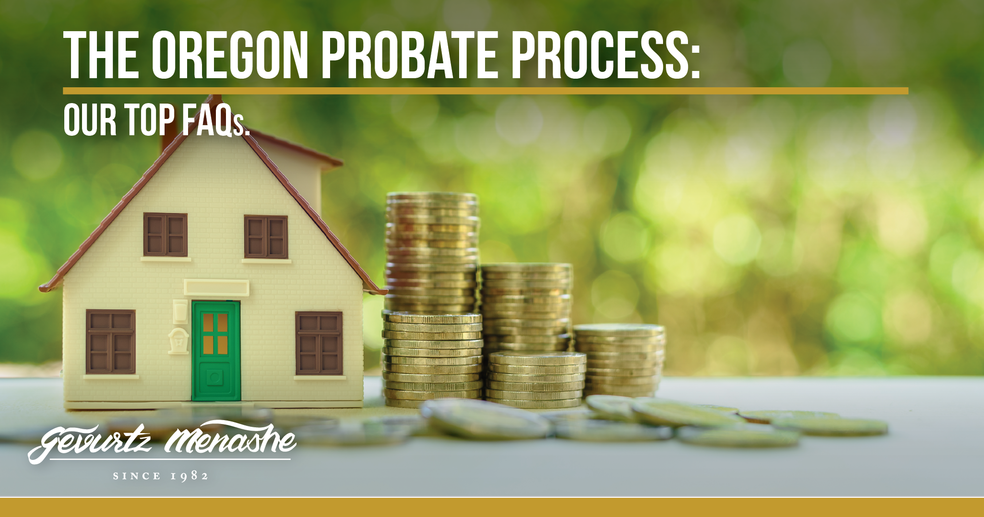December 12, 2025

Are you confused about the Oregon probate process? We break down the most common questions so you know what to expect every step of the way. Learn more today!
December 12, 2025

Confused about heirs vs beneficiaries? Find out how they differ and why it’s important for your estate plan.
October 3, 2025

Protect your estate with smart tax strategies. Discover how to minimize taxes and pass more to your heirs.
September 18, 2025

Blend your estate plan with philanthropy. Learn how charitable giving can help you leave a meaningful legacy.
August 11, 2025

August 8, 2025

Learn the basics of spousal support in Oregon, including different types, eligibility, and how payments are determined in divorce or separation cases.
July 14, 2025

July 11, 2025

Safeguard your business during a divorce in Oregon with essential strategies. Discover tips on asset protection and legal guidance to secure your future.

Estate planning is sometimes the last thing on our client's mind during a divorce. We'll guide you through the steps you should take and things to avoid.

Discover the average costs of IVF in Oregon, including treatments and services. Get informed to plan your journey to parenthood!

Searching for the right family law attorney? Discover the key questions to ask that will guide you in making an informed choice. Secure expert legal help today!
